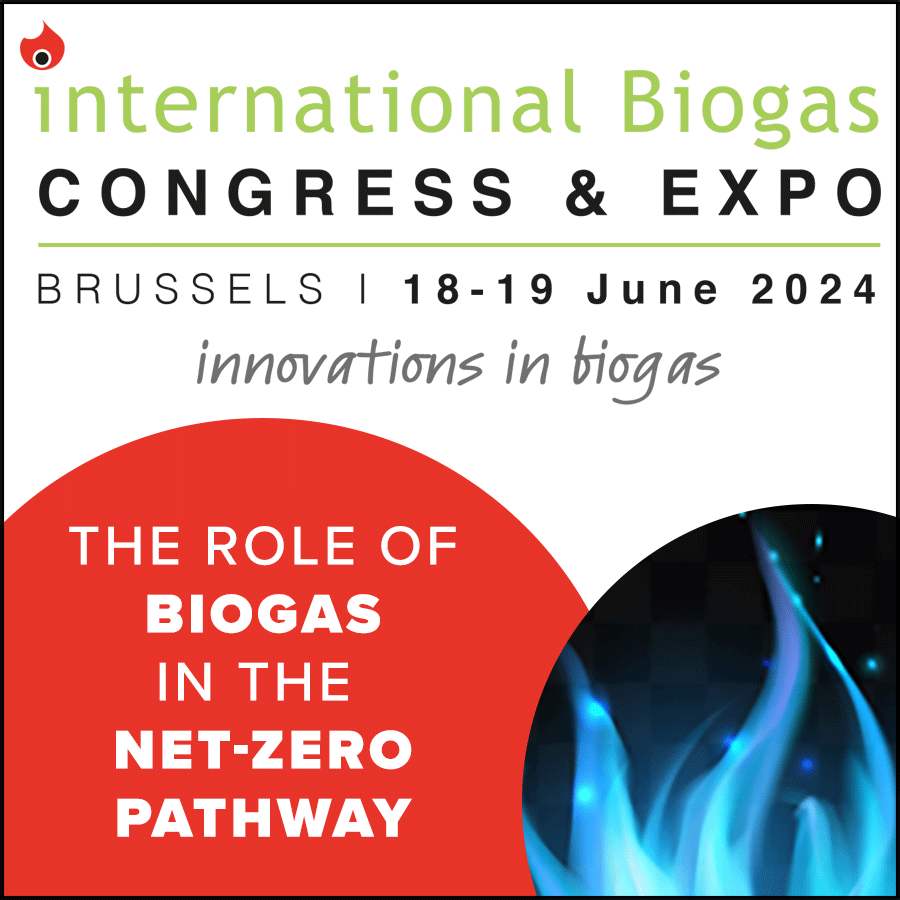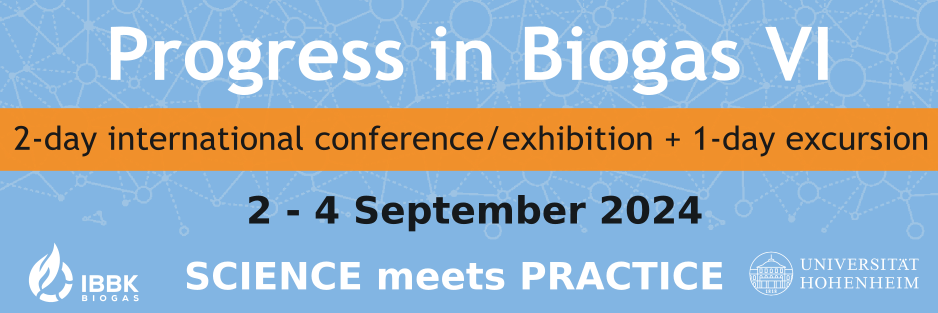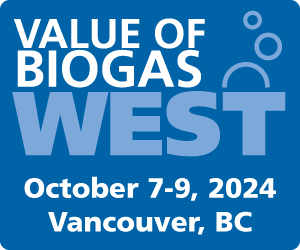AD industry responds to vegan energy
A British renewable electricity supplier has moved to highlight the use of by-products from the meat and dairy industry in energy generation.
In a statement, Ecotricity describes the use of animal parts as ‘a secret ingredient in the nation’s power supply.’ In response, they’ve launched what they label the world’s first vegan electricity. They have registered their electricity supply with the Vegan Society, ‘with gas to follow’.
Agricultural waste is used by the anaerobic digestion (AD) industry in the UK.
“A large and growing number of people in Britain make choices everyday according to their principles to avoid animals and animal-derived products or those from factory farms - but millions of people unwittingly supporting the meat industry with their energy bills,” said Ecotricity founder Dale Vince.
“It’s a surprising and rather shocking new frontier for the issues of veganism and animal rights. It’s not just the Big Six [energy suppliers] guilty of this – many independents and those who call themselves ‘ethical’ or ‘green’ are doing it too, rather shamefully.
“So today [4 July] we’re launching a vegan version. While our electricity and gas have been vegan for as long as we’ve been able we’re backing this up with registration from the Vegan Society so that people can be clear. Electricity and gas might seem to be an unlikely place to find the things many of us want to avoid – but it’s there.”
An important distinction
The UK’s Anaerobic Digestion and Bioresources Association (ADBA) has responded to the Ecotricity campaign, noting that it has served to highlight the issue of waste generated by society.
“We fully support the waste hierarchy and believe that as little waste as possible should be produced across all areas of society, including food waste and agriculture. In an ideal world, there would be no need for our industry,” said ADBA’s chief executive Charlotte Morton.
“But where these wastes are produced – and they are, in huge quantities - it's critical that they are recycled through anaerobic digestion – which gets by far the most out of them compared to other waste treatment technologies - into renewable energy and soil-restoring biofertiliser rather than left wasted and untreated to release climate-change-inducing methane into the atmosphere.”
Morton continued: "Anaerobic digestion is there to make the best of agricultural and other organic wastes (such as sewage and food waste) where they do arise, not to cause them in the first place - and this is a hugely important distinction."























